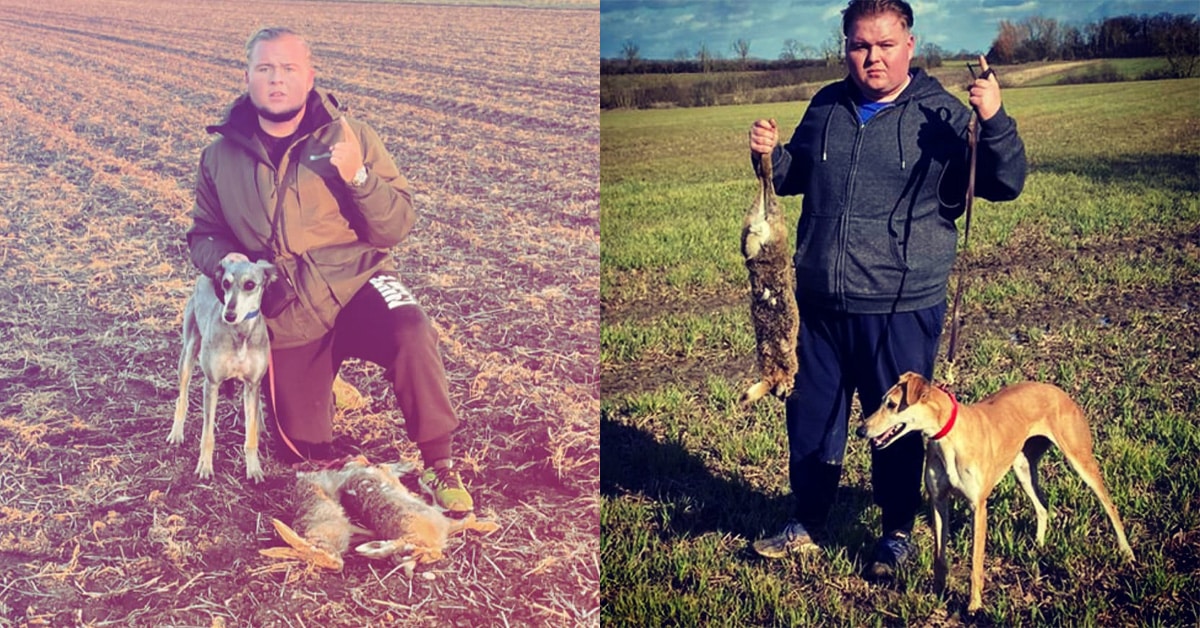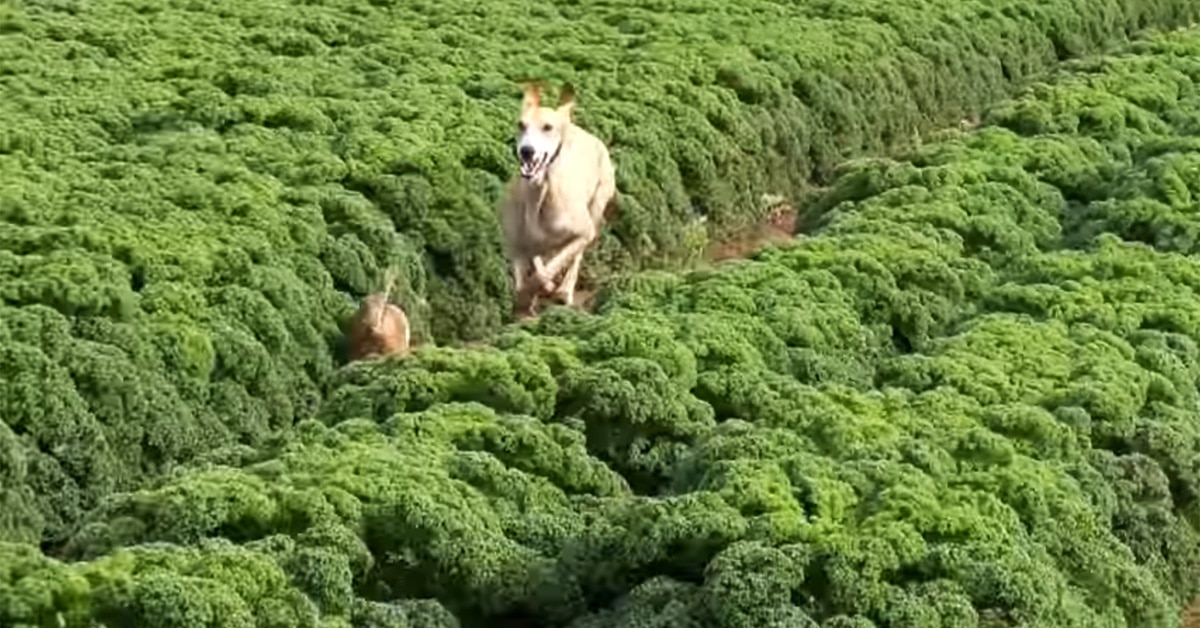New anti-hare coursing legislation came into effect last summer. We’re now seeing the first prosecutions under that law. And it shows courts can have an impact on wildlife crime – if the government wants them to.
Police gained new powers to deal with hare coursing on 1 August 2022. As part of the far-reaching and draconian Police, Crime, Sentencing and Courts Act – legislation largely seen as an anti-protest and anti-traveller law – the government included amendments focused on coursing.
They included increasing the penalty for coursing up to unlimited fines and a custodial sentence, as well as stopping convicted offenders from owning dogs. Powers for courts to recover costs for kennelling dogs were also included. And, perhaps most significantly, the law introduced two new offences:
- trespassing with intent to course hares with a dog
- going equipped to course hares with a dog
It takes some time between the introduction of these powers and their eventual use in court. However, as of 2023, convictions using the legislation have started coming through.
Hare coursing convictions
David Hilden and Tyron Young were the first two people to be convicted under the new laws. Colchester Magistrates Court found the pair guilty of trespassing with intent to course on 21 February. As a result, the judges barred them from owning dogs for three years and ordered them to pay several hundred pounds in fines.
Then, on 9 March, Boston magistrates found Darren Lee and Ronnie Doherty guilty of two charges of trespassing with the intent to course hares. As a result, the court handed a bill of more than £11,000 for kennelling and veterinary costs to the pair. It also handed each man £416 in fines. Both were then disqualified from owning dogs for five years. Chief inspector Steve Williams of Lincolnshire Police told BBC News that it was the first convictions using the new law in the county.

Later in the same month, Warwickshire magistrates convicted two of three people with the new laws. Police had previously charged Peter Loveridge with trespassing with intent to course hares and Danny Bridges with being equipped to course hares. They both also faced charges under the Hunting Act whilst a third man, Tony Taylor, was charged solely with Hunting Act offences. When Warwickshire magistrates found the trio guilty on 23 March, they handed all three bills for kennelling that totalled £2085 each. The trio were also disqualified from owning or keeping dogs for five years. Warwickshire Police rural crime team told Warwickshire World that it was the first convictions with the new laws in the county.
Other convictions under the new laws include three men convicted in Oxfordshire in February and three men convicted in Shropshire in March.
New laws work if there is a desire for them
It’s early days, so it’s difficult to know yet the full impact of the new legislation. BBC News reported on 26 December 2022 that Lincolnshire Police praised the new legislation. Superintendent Lee Pache said that the ‘going equipped’ law meant police are now able to stop and search vehicles they suspect are involved with coursing. And as a result:
“In recent weeks, Supt Pache said the force had made an “unprecedented” 22 arrests and seized or recovered 32 dogs.”
However, these figures will be just the tip of the iceberg in terms of the number of people actually coursing. Nonetheless, the figures will please chief inspector Phil Vickers, who heads up the nationwide policing strategy against coursing called Operation Galileo. When Protect the Wild spoke to him before the new laws came in, Vickers said the legislation was essential to “address the weakness in the legal system of using legislation from the 1800s to tackle offences which have developed in the 21st century”.
Protect the Wild also said at the time that decoupling coursing penalties from the Hunting Act “felt like an indirect attack” on the anti-hunting legislation. However, it has also shown that new laws can breathe life back into policing wildlife crime. Scotland has led the way on this against hunting with hounds by passing its new Hunting With Dogs Bill. It’s now time for Westminster to follow the evidence and do the same for England and Wales. If there’s a law that targets people for looking like they’re going to course hares, then there can be a law that tackles people looking like they’re going to hunt hares – and foxes.
Watch the video for Protect the Wild’s new campaign for a law that will end hunting completely.


